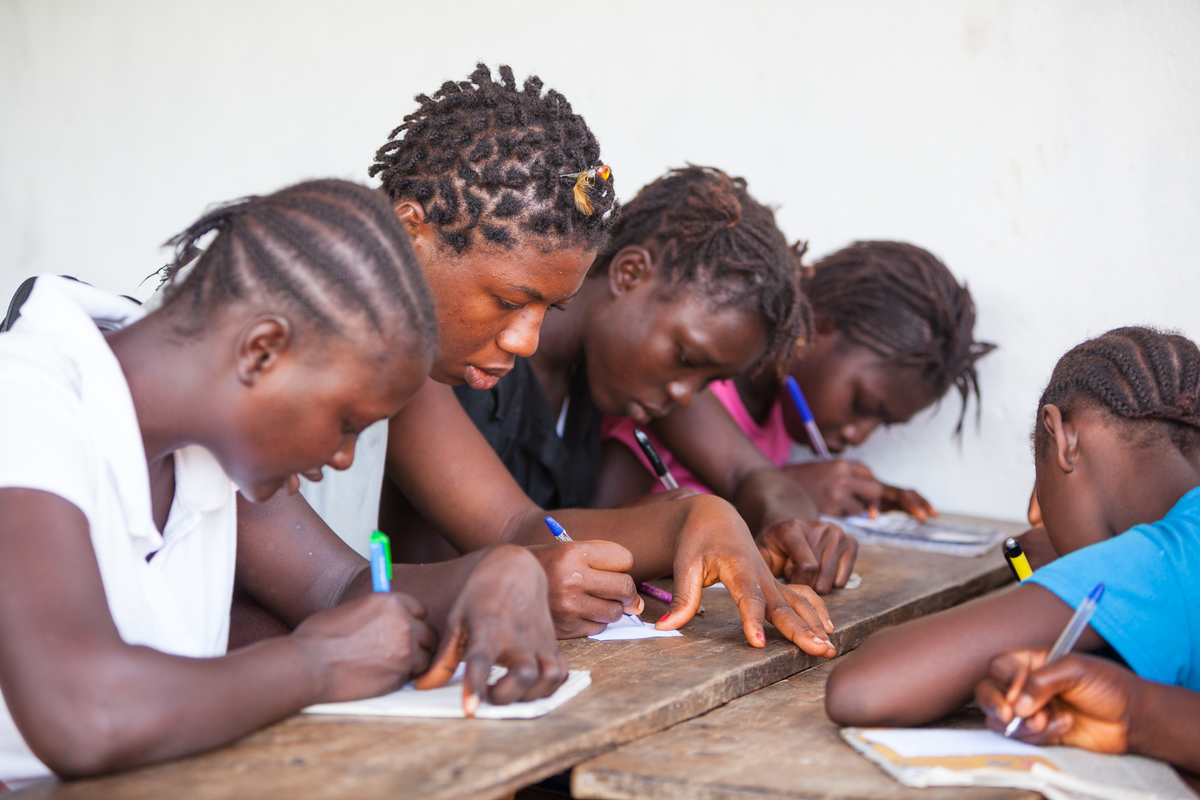Exploring Genius Time in Schools

Companies like Google allow employees to spend “20% time” – that is 20% of their time working independently (on concepts they think will most benefit Google) – the goal being to inspire creativity and innovation. Some significant advances have happened and “20% products” include the development of Google News, Gmail, and AdSense.
How could this Google model be modified and utilised in schools? How might it harness the innate power of human curiosity, innovation and creativity to build cognitive skills and enhance knowledge in students?
We, at EducAid, are definitely not at 20% and have a long way to go before we could claim to be harnessing the innate power of all our students’ curiosity, innovation and creativity…. but!!!….we have started down the road towards encouraging our youngsters to take time to engage with the realities of how they can design the EducAid that they want, how they can be part of designing solutions to problems, creating strategies for achieving our vision and so on. A crucial part of this puzzle has been setting the scene and structure to guide the creativity so that it becomes fruitful.
Borrowing from Madeleine L’Engle, we have started using the idea that just as 1000 poets can write a 1000 different sonnets within the rubric and formula that makes a given poem be a sonnet and not a limerick or haiku, if our rubric is our motto, ‘Love and do as you will!’ our vision, ‘a dignified and democratic Sierra Leone where poverty is eradicated by educated citizens and our values:
- Equality
- Community resilience
- Safety
- Excellence
- Citizenship
- Leadership
then we can each start writing our own sonnet within that framework. We can each start devising ways of working, proposing ideas for improvements to ensure a more just, safe, equal environment where we expect to be heard and held to account; where we expect to have our voice heard and know we have a responsibility, not just a right, to be heard. Our ‘Every Voice Counts’ way of working cannot work, if there is no structure or guidance, just as a choir sounds like disastrous cacophony if there is no unity of purpose and guidance to coordinate the individuals into something beautiful.
In practice, we try and use our family structure to make this happen and to create the spaces needed for the necessary conversations to take place. Each school is divided into tutor groups which are subdivided into families. It is in the families that the children learn to be members of a community with responsibilities and rights. It is in the family that the children learn to contribute meaningfully to the creation of new ways of working, checking up on situations or systems that start to deviate from our ideals. Every family meets at the beginning and the end of the day. The children check on each other’s well-being and advise each other about how to contribute well. They discuss particular issues such as their relationships with the local community, how to prepare for upcoming events to ensure smooth running and safe processes, how to use the budget allocated to a particular site, how to improve learning materials, how to manage behaviour using restorative not retributive approaches, what projects could be engaged in so as to improve the overall educational experience of the students and so on.
The periods set aside for family time constitute closer to 8% of the day but this is already feeling quite radical given our context where nearly all other schools are satisfied with a purely rote learning approach. With more practice, with innovative input and greater exposure to how others are managing these things elsewhere, we know we could do more and it is a high priority for us to improve in this practice. Democratic engagement requiring creative and innovative problem solving and project designing approaches in school is the key to democratic engagement post school and the one chance we have of achieving our vision.
We all have the license and imperative to ‘write our own sonnets’ within the exciting structure of a bold and empowering vision!
If you are interested in knowing more about our work with vulnerable young Sierra Leoneans please go to www.educaid.org.uk If you would like to make a contribution to EducAid’s work please go to https://mydonate.bt.com/charities/educaidsierraleone